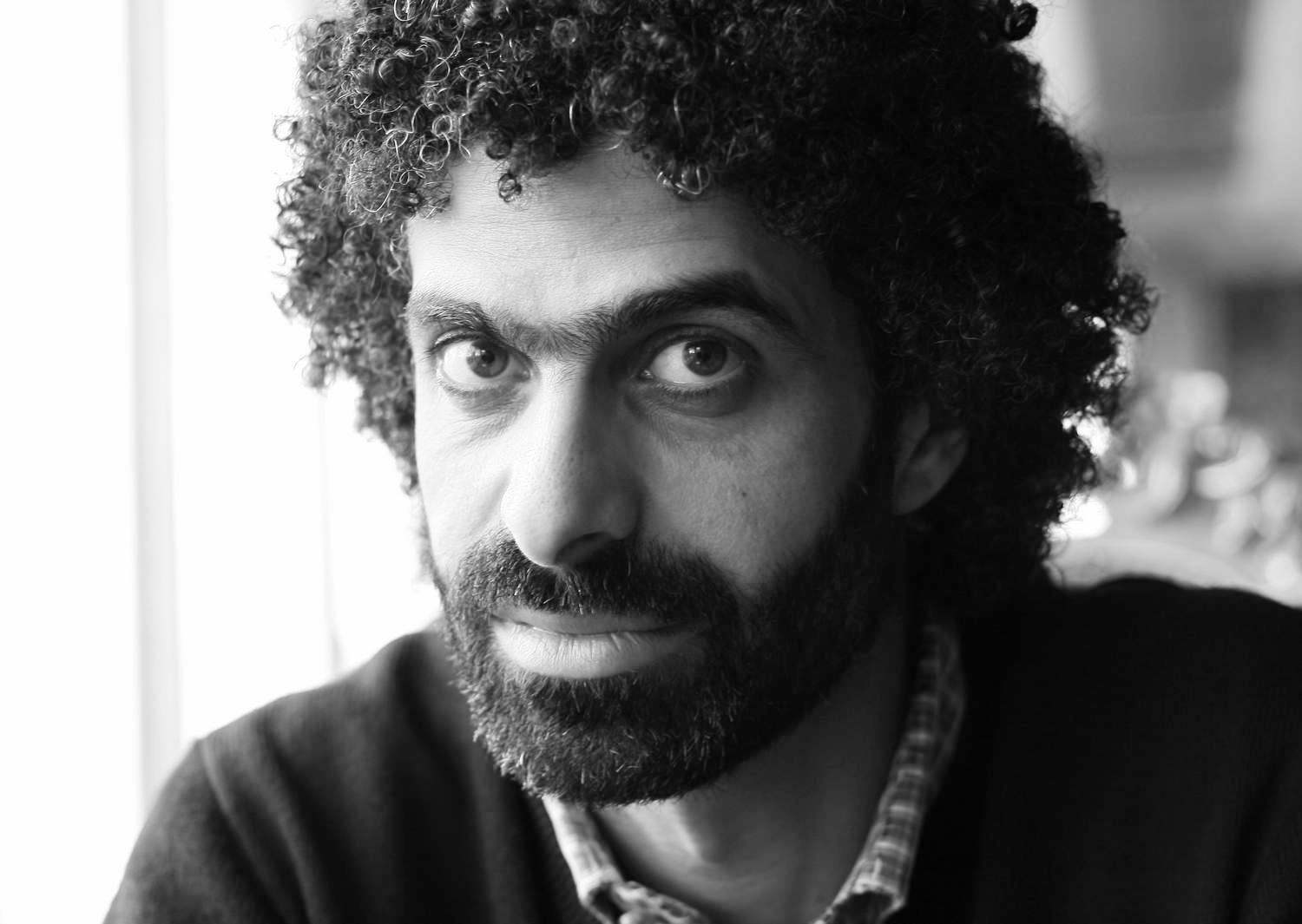Aridity: It is not so odd that the new preachers are dressed in the robes of hermits. What feels oddest is the state of caste they embody. Finding their origins in a wealthier class has inevitably and unwillingly presented them as preachers to that very social class, which is not degrading, as the existence of the essential least of religion is better than its vanishing.
The new preachers are thought to have extended the umbrella of religious practices to many young people that found within themselves the natural and spontaneous call for God amid the materialistic practices of the city. Meanwhile, none of the traditional sheikhs were ever able to echo their warbling. The God they aspire to is more understanding and more forgiving, whereas the God the traditional sheikhs with their obsolete teachings call for barely understands and seldom forgives.
Social justice: Many of the new preachers were frequently criticised—not for the inaccurate Arabic they use, and not for their clumsy engagement with the religious dos and don’ts. They were chastised for reasons that can mainly be attributed to deepening the gap between social classes. One of them was condemned for wearing a Ralph Lauren shirt that costs about EGP 1,000, while urging people to be more austere.
Apparently, the young preachers are spontaneously addressing their class equivalents. No one should blame them for inevitably designing and developing content that transmits their class heritage.
The Caste: On the other side of the bridge exists and spreads another psyche with very different practices. These are namely sheikhs in traditional jelbab and long beards that devote themselves to spreading ultra-conservative and violent fatwas that denigrate life and contempt desires, and are fought by Azhar scholars that frequently fail to limit their danger due to the old religious sciences they learn and teach!
Despite the endless televised quarrels that take place between Al-Azhar scholars and the fanatic sheikhs for not being on the same page, the true undeclared battle is between two contradicting and colliding styles of life that Al-Azhar happens to be in between: the wealthier and the impoverished.
Al-Azhar is a religious institution that formally represents the state and is, patiently and unintentionally, doing a great service to the nation. It is being blamed and attacked by both sides for not coming their way. Herein rises the danger of ‘no state’, or of a state that does not standardise the capacities and utilities of the society—a direct conflict of inharmonious social classes that would end up disintegrating the state itself.
The Christian lady’s sorrowful accident that took place in Minya last month stands out as an embodiment for the turgid state of hate that lies deep within Egyptian society. Violent teachings that do not train the soul to fly high, but in many cases it is used to denigrate people of other religions and treat them as inferiors through either hurting and avoiding, or by being too friendly.
Development: The map of development that steps over impoverished regions and the social injustice form the main threats to the unity of the Egyptian people.
This unity saves its last breath to the usual scene of Egyptians lining up together when there is a state of nationalism.
While development is important, it has to be sensible. The opportunist nature of current development has left the impoverished unsatisfied. The political speech energises them and the capitalist masters squeeze them. A recent TV commercial criticised a local kid for using an unbranded detergent and urged him to buy one for EGP 3. Such advertisements not only denigrate the style of life of local residents, but it shapes their perception about life and happiness. These perceptions collide and contradict with their financial ability; hence, it acts as a threat to social stability.
The euphoric scene from January 2011 of Muslims performing their prayers while their fellow Christians guard them, and the other scene of Christians doing their rituals shielded by their fellow Muslims, constantly accompany me. A true comprehension and a mature understanding of citizenship, but at similar ferocious moments of insanity no one would ever know who delivered the mortal blow.
Equate the impoverished.
Islam M. Elwany is a legist, observer of political affairs, and policy analyst.


